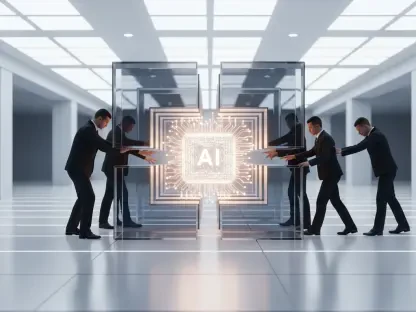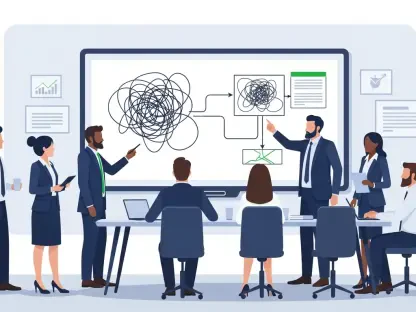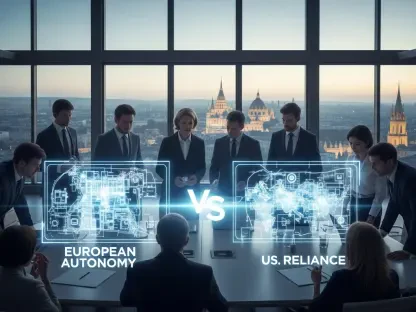In the hustle and bustle of modern times, one question looms large: How long should it really take to get government permits? While digital innovations have transformed industries at a rapid pace, offering streamlined solutions and unprecedented efficiencies, government processes often lag behind. A maze of outdated manual systems can make obtaining even a simple permit a long, drawn-out experience for businesses and citizens alike. Amid this backdrop, a new legislative bill seeks to modernize the traditional permitting process, turning to digital solutions for relief.
Unveiling the Slow Mechanics of Government
In an era where technology drives everything from grocery shopping to healthcare, government services remain largely entrenched in bureaucracy and inefficiency. Notably, a recent study revealed that average wait times for permits often extend beyond several weeks, sometimes even months. The sluggish nature of these processes not only frustrates citizens but also hampers economic growth and social progress. The urgent need for change is evident, with public demand growing louder for faster, more efficient services. As businesses strive to thrive in today’s digital economy, slow government permit systems act as an unwelcome bottleneck.
Efficiency, Accessibility, and Security in Digitization
The potential benefits of digitizing permit processes are multifaceted and significant. Digital platforms promise to slay wait times, ushering in a new era of streamlined procedures. More than just speed, these platforms improve accessibility, empowering citizens and businesses with 24/7 access to essential services. However, the leap into digital realms raises pertinent questions about data privacy and security. Legal frameworks like the California Consumer Privacy Act offer guidance to protect sensitive information even as systems evolve to meet modern standards. Balancing efficiency with these concerns is crucial for successful digitization.
Expert Insights on the Need for Transformation
Digital governance and transformation experts echo a widespread consensus: change is not just necessary; it is overdue. A government official recently commented that adapting to digital solutions is a strategic move to align with public expectations. Research underlines the tangible benefits of digital systems, including a striking reduction in processing times by up to 50%. For individuals and businesses struggling with outdated systems, these changes represent a beacon of hope. A citizen’s tale of battling red tape to secure a simple permit paints a vivid picture of challenges faced—and the potential relief digital solutions offer.
Strategizing for Successful Digital Integration
Efforts to digitize permitting processes must be guided by well-conceived strategies and frameworks. Implementing robust data protection practices is essential to ensure compliance with regulations and maintain public trust. Governments can pave the way for successful transitions by investing in comprehensive training programs for staff, ensuring new systems are efficiently and securely adopted. The path forward involves integrating advanced technology while upholding the highest standards of security, paving the way for governments to offer enhanced, more responsive public services.
Charting the Future of Government Services
Through this legislative push for digitization, governments aimed to revolutionize their interactions with citizens and businesses. By embracing digital advancements, the potential to reshape public services and enhance operational efficiency was substantial. As entities moved toward integrating technology into their frameworks, maintaining a keen focus on stringent data security standards became imperative. This initiative promised transformative updates in permit processing, positioning digitization as a linchpin for future success in government operations and public satisfaction.









